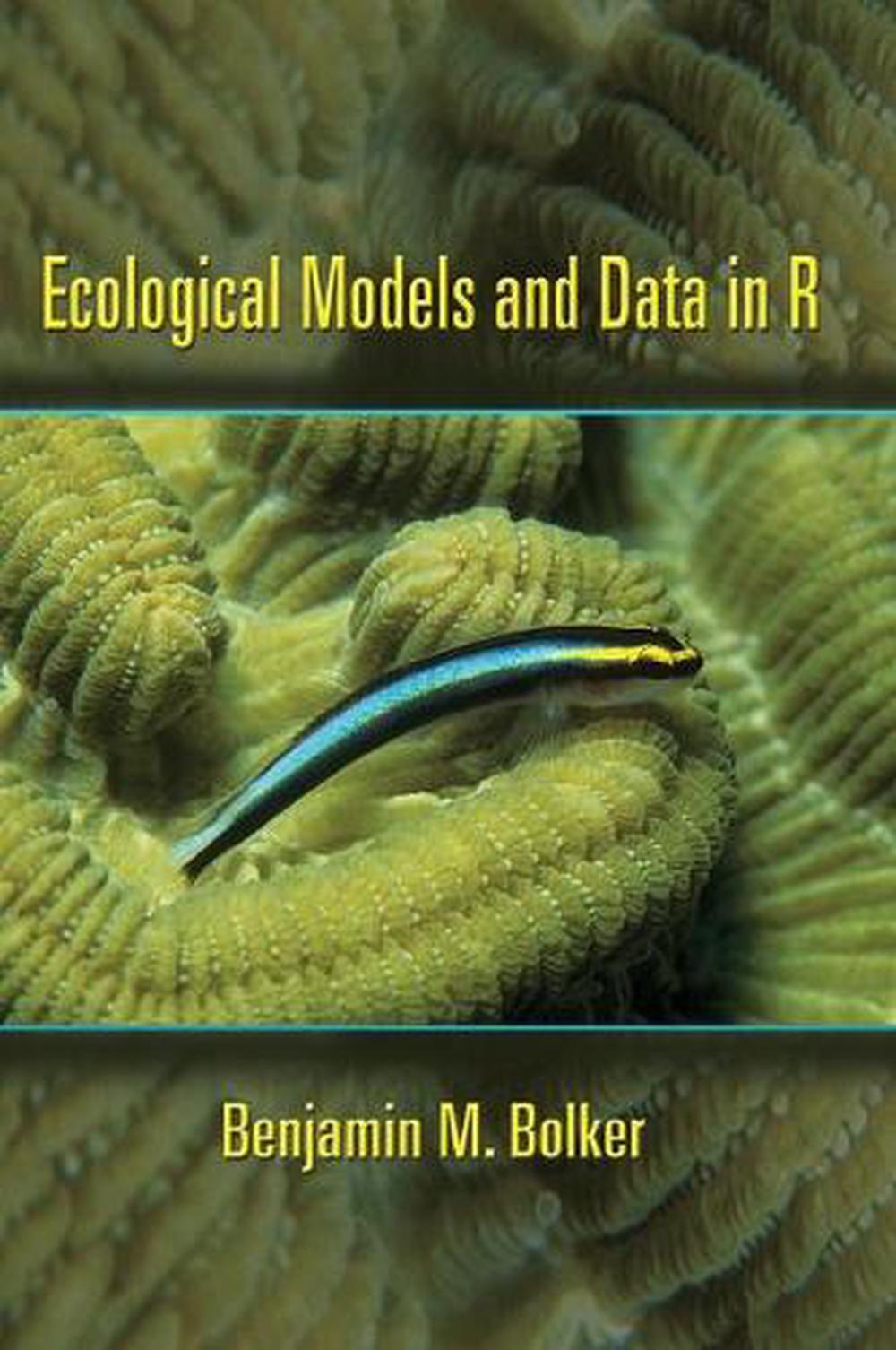
Ecological Models and Data in R
$218.04
- Hardcover
408 pages
- Release Date
29 September 2008
Summary
Ecological Models and Data in R is the first truly practical introduction to modern statistical methods for ecology. In step-by-step detail, the book teaches ecology graduate students and researchers everything they need to know in order to use maximum likelihood, information-theoretic, and Bayesian techniques to analyze their own data using the programming language R. Drawing on extensive experience teaching these techniques to graduate students in ecology, Benjamin Bolker shows how to ch…
Book Details
| ISBN-13: | 9780691125220 |
|---|---|
| ISBN-10: | 0691125228 |
| Author: | Benjamin M. Bolker |
| Publisher: | Princeton University Press |
| Imprint: | Princeton University Press |
| Format: | Hardcover |
| Number of Pages: | 408 |
| Release Date: | 29 September 2008 |
| Weight: | 992g |
| Dimensions: | 254mm x 178mm |
What They're Saying
Critics Review
“Bolker’s book is a must-buy for anyone wanting to fit data to models and go beyond hypothesis testing, but it is certainly not an ‘introductory’ text in the sense of ‘simple’. This book is a tour de force for anyone who studied ecology for his or her interest of nature’s working. But it is the one single book that can propel the statistical novice to the cutting edge of statistical ecology–albeit with blood, sweat and tears.”–Carsten F. Dormann, Basic and Applied Ecology “[A] must for natural scientists and for statisticians who are interested in ecological applications… Numerous enlightening footnotes, meaningful graphics and direct speech are evidence of substantial classroom experience of the author… The book addresses students and researchers who have or have had some basic knowledge in ecology, mathematics and statistics. Delivering many examples and profound details on numerical aspects of maximum likelihood estimation, the book may also give a red line for a course in computational statistics.”–Martin Schlather, Biometrical Journal “[T]his book succeeds both in explaining how to analyze many types of ecological data, and in clearly describing the theoretical background behind some common analyses and approaches. I expect to refer to it often.”–Lynda D. Prior, Austral Ecology
About The Author
Benjamin M. Bolker
Benjamin M. Bolker is a theoretical ecologist in the departments of Mathematics & Statistics and Biology at McMaster University.
Returns
This item is eligible for free returns within 30 days of delivery. See our returns policy for further details.




